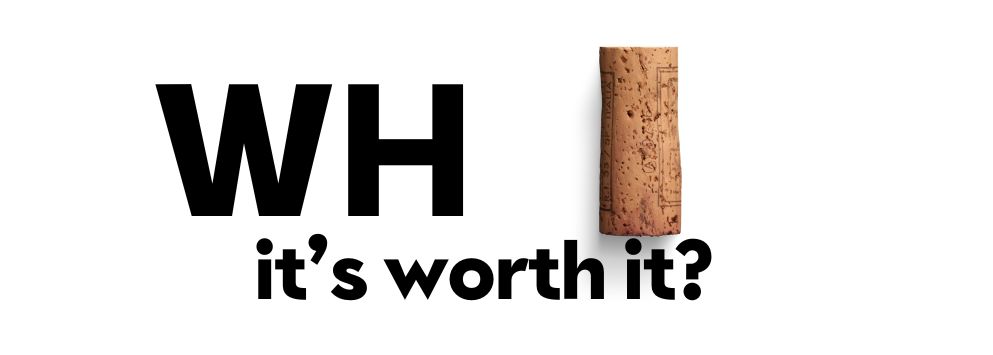Cork contact adhesive Wakol D 3540 0,8kg
WakolD3540-0,8
- cheap shipping!
- express delivery!
In stock
£ 60.95
Do you think natural cork is just a wine stopper or a notice board? Here’s a fun fact: it can be ground down to create a material suitable for building composites – and it still retains its insulating properties. In loose form, cork dust is incredibly lightweight, placing no strain on structures.

Lightweight Material

Stable Structure

Loose Insulation

Additive for Construction Mixes

Safe and Hypoallergenic

Eco-Friendly Material
It’s the finest type of cork granulate – a light and dry powder. In appearance, it’s similar to flour or sand, with a light brown colour characteristic of natural cork.
It has a wide range of applications:
Yes – natural cork is a 100% renewable and environmentally friendly material. Harvesting the bark doesn’t require cutting down trees. The bark regenerates naturally, and the trees themselves can live for up to 200 years.
It’s best to keep it in a dry place, sealed tightly in a closed container. Make sure it’s stored out of direct sunlight – this helps preserve its properties for longer.
No – it still provides insulation and remains lightweight. The only thing that changes is its structure, as it forms a more solid mass when combined with other substances.
Yes, it’s suited for use as biomass. It aligns with the principles of eco-friendly, sustainable development – not only are you using a natural raw material, but you’re also keeping the environmental impact to a minimum.
The main difference is size – cork dust is fine. Cork granulate, on the other hand, is coarser and resembles couscous in texture. The largest form consists of actual cork nuggets.
The density depends on particle size. For cork dust up to 0.25 mm, the average density is around 90–110 kg/m³. For particles between 0.2–0.5 mm, it ranges from 60 to 80 kg/m³.
It’s produced by grinding clean pieces of natural cork. First, the material is mechanically ground into very fine particles – much like grinding coffee or spices. Then it’s sieved to ensure a consistent, uniform texture.
Cork sheets and rolls are incredibly practical – but sometimes you need a material that can reach into every nook and cranny. Cork dust is cork in its micro form: loose, flexible, and just as eco-friendly. Synthetics don’t even come close – they’re less adaptable, heavier, and, well… artificial.

Cork dust is ultra-light – and that’s no accident. Its sponge-like structure is made up of millions of microscopic, air-filled cells. This gives it substantial volume without adding weight. That’s a big advantage when it comes to handling – it’s effortless to transport and spread.
It also has another key feature: cork dust is chemically neutral. It doesn’t react with liquids or gases, which is especially important when you’re mixing it with adhesives, resins, or plaster components. It's also resistant to UV radiation and biological corrosion, making it perfect for outdoor use.
Cork dust has applications across a wide range of industries – from thermal insulating plasters and soundproofing materials to creative DIY projects. It’s particularly effective in plasters, enhancing both thermal and acoustic performance.
One of its biggest strengths is its versatility – thanks to its elasticity and compressibility, it can be shaped and adapted to suit specific uses. If you're into hands-on projects – like models, decorations, or functional items – you'll quickly appreciate how easily it blends with other materials.
Cork dust is hypoallergenic and safe for skin contact. It doesn’t cause irritation or allergic reactions – a big plus if you're looking to steer clear of harsh chemicals and create a healthier environment around you.
For us, safety isn’t just a promise – it’s backed by certification. Our cork granulate has an official hygiene certificate issued by the National Institute of Public Health in Poland (PZH). This document confirms the material is health-neutral and fully compliant with safety standards. It’s not just a marketing claim – it’s solid proof that gives you peace of mind. In fact, we’re currently the only supplier in Poland offering cork granulate with this level of certification.
Natural cork is a 100% eco-friendly and renewable material. It’s harvested from the bark of the cork oak tree – and, importantly, without cutting the tree down. The bark simply regrows, meaning the ecosystem remains in balance.
Cork dust is often produced by recycling cork products – such as stoppers, sheets, or panels. It’s a perfect example of a circular economy material: instead of throwing it away, we repurpose and reuse it. Sustainable and smart.
| Fraction | 0-0.1 mm |
| Volume | 15 kg (75 litres) |
| Colour | Natural |
| Material | Natural cork |
Customers who bought this product also bought
D3540-5,0
- secure payment!
- cheap shipping!
- express delivery!
In stock
£ 101.81
KE-10
- secure payment!
- cheap shipping!
- express delivery!
In stock
£ 57.40
KE-100
In stock
£ 99.23
EGC315
In stock
£ 89.91
 Secure payments
Secure payments
 always free shipping
always free shipping
 Highest quality
Highest quality
 Satisfaction Guarantee
Satisfaction Guarantee